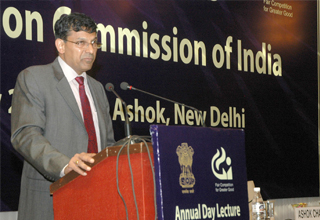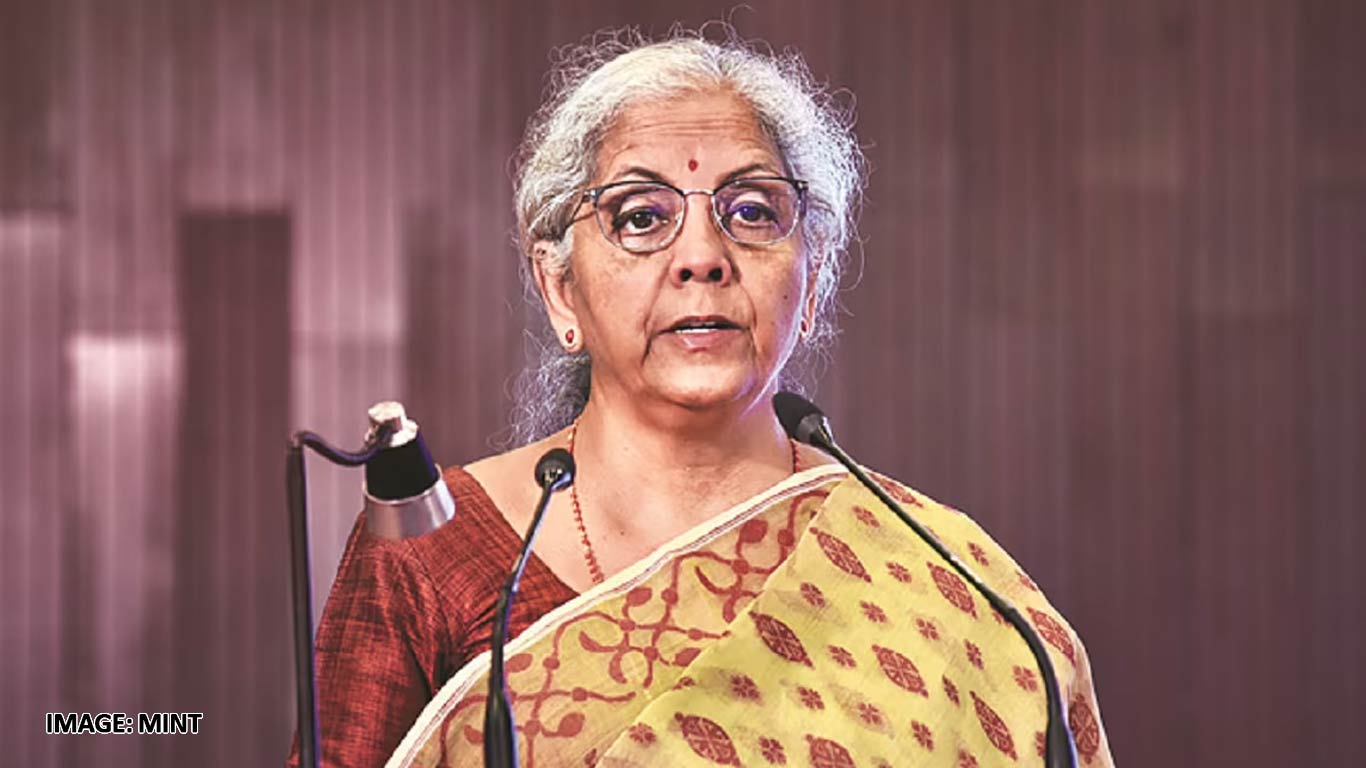Low risk biz go for finance from markets, banks left with lending to risky infra, SMEs: Rajan
Updated: May 21, 2014 12:54:04pm

“The alternative to taking these risks is to plunge into very competitive retail lending, so public sector banks may have little option especially if the government pushes them to lend to infrastructure,” he added.
Competition in the banking sector in India is best seen as the product of two grand bargains. The first was between successive governments and the banks, whereby banks got privileged access to low cost demand and time deposits, to the central bank’s liquidity facilities, as well as some protection from competition, in return for accepting obligations such as financing the government (through the Statutory Liquidity Ratio or SLR), helping in monetary transmission (through maintaining the Cash Reserve Ratio or CRR), opening branches in unbanked areas and making loans to the priority sector, Rajan said yesterday while addressing the annual day lecture of the Competition Commission of India (CCI).
The second grand bargain was between the public sector banks (PSBs) and the government, whereby these banks undertook special services and risks for the government, and were compensated in part, by the government standing behind the public sector banks. As India has developed, both these bargains are coming under pressure. And it is development and competition that is breaking them down, he added.
The RBI can take more of a chance with new players if they get the license to open only a small bank or to conduct only one segment of banking business, Rajan said. “Small banks tend to be better at catering to local needs, including needs of small and medium businesses,” he pointed.
“Such differentiated licenses – licenses with restrictions on the geographical reach or the products offered by a new bank – can generate more organizational variety and efficiency. Small banks tend to be better at catering to local needs, including needs of small and medium businesses,” he said.
While speaking about the competition in the ‘Banking Sector: Opportunities and Challenges’ Rajan said, “A payments bank, which will take deposits and offer payment and remittance services but be constrained to invest all its funds in safe instruments such as government securities, could be very synergistic with other existing services. For example, the proposed Post Bank could start as a payment bank, making use of post office outlets to raise deposits and make payments.”
While on the issue of bank obligations, there is an area where they do seem to be at a disadvantage vis-a-vis other financial institutions – in the raising and lending of long term money, he said.
Rajan said that the priority sector obligation will probably be necessary for some more time in a developing country like ours, though we need to deliberate more on what sectors should constitute priority as the economy develops.
“But even without entering this potentially contentious debate, can we allow banks to fulfil existing norms more efficiently? For instance, if one bank is more efficient at rural lending, can it over-achieve its obligations and then “sell” its excess to another bank that is an underachiever? We are examining such possibilities,” he added.
Finally, we have had only limited success in achieving inclusion when it is seen as a mandate. Banks sometimes open branches in remote areas but the officers that staff them do not really reach out to the local population; banks open no-frills accounts but many lie dormant… The reality is that if the mandate is unprofitable, banks will find ways to avoid them, RBI Governor noted.
“Not all forms of inclusion can be made profitable, but we should give banks the freedom to try new approaches, perhaps drawing in other institutions that can traverse the last mile to the underserved where necessary.
“The RBI will come out with new relaxations on business correspondents shortly. Also, some of the entities that become payments banks may be very well suited to support or substitute commercial banks in reaching remote areas,” Rajan said. (KNN/SD)











